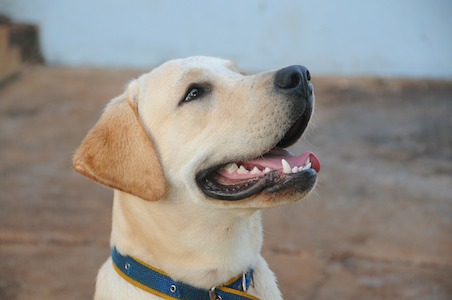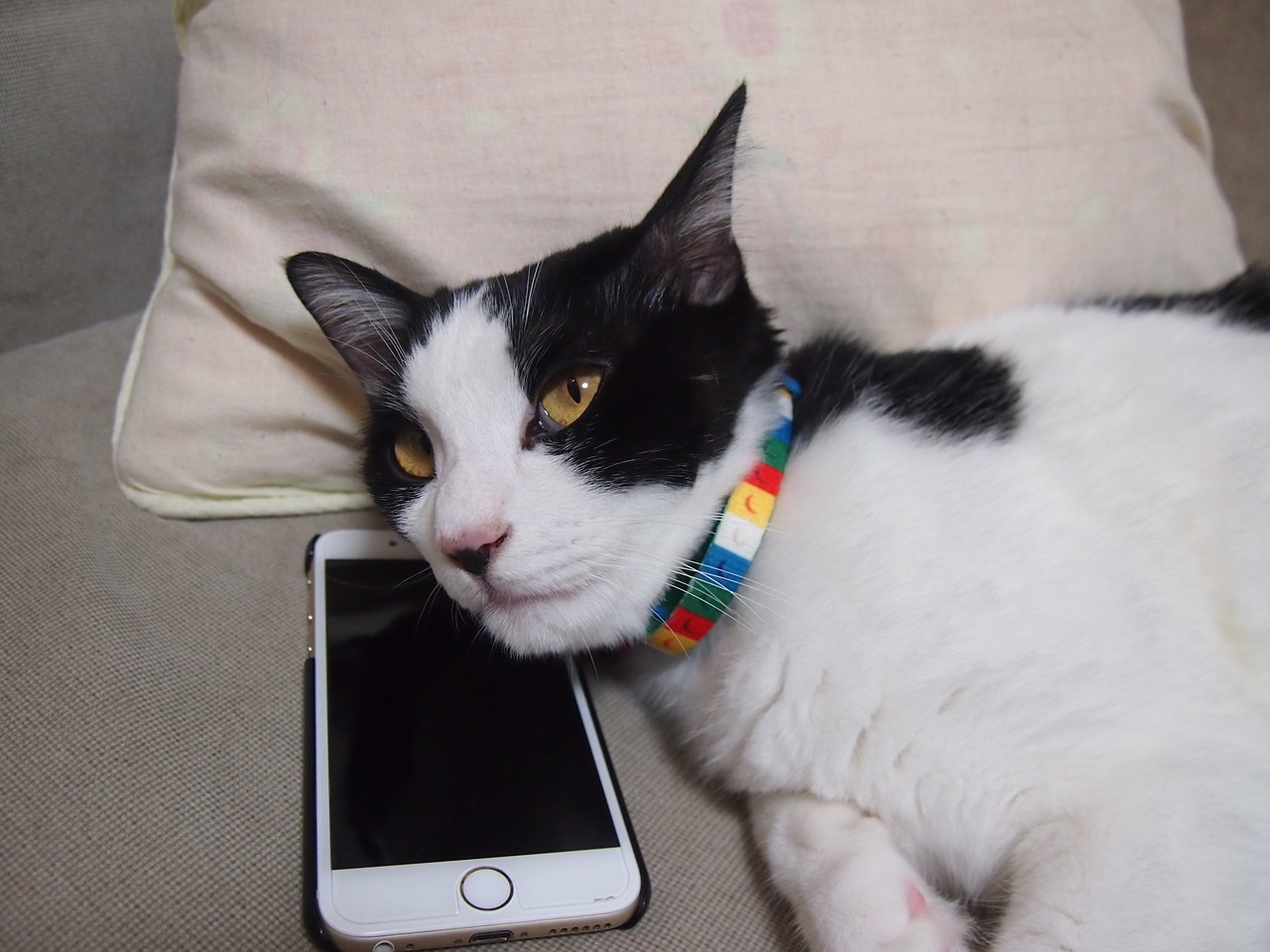Contact information

We'd love to hear from you!

Dogs seldom develop tooth cavities as people do, however, they do have dental problems and REQUIRE routine dental care. In addition, cats FREQUENTLY develop dental cavities.
Food material, bacteria, and saliva accumulate and adhere to your pet's tooth surface forming a soft "plaque". This material can be easily removed at this point. However, if buildup is allowed to continue, it becomes hard and chalk like from its mineral content. The tartar build up causes erosion of the gums, with subsequent inflammation and infection of the tooth socket. The teeth then become loose and may even fall out. The gums become reddened, swollen and bleed easily. The pet often has difficulty chewing, salivates excessively and has terrible breath. This condition althrough not always apparent can be signifcantly painful.
Dental disease is PROGRESSIVE, as it is in people, starting with dental calculus, which then causes GINGIVITUS, which in turn cause PERIDONTAL disease and loss of teeth. Untreated tooth and gum disease may allow bacteria to enter the bloodstream and may facilitate damage to the HEART, LIVER and KIDNEYS.
If your pet's teeth are cleaned routinely by the Doctor and by you at home, major problems can be avoided.
Dental cleanings by a veterinarian are recommended regularly. They are performed under anesthesia, but pets are usually sent home the same day. Your pet's teeth are cleaned with similar instruments used for people.
Dental care does not start or end with a visit to the veterinarian. There are steps you can do at home to help prevent dental disease in your pet:
If home dental cleaning is difficult, call us today to help schedule routine cleaning of your pet's teeth before any problems begin to develop.
For further, more detailed advice...
